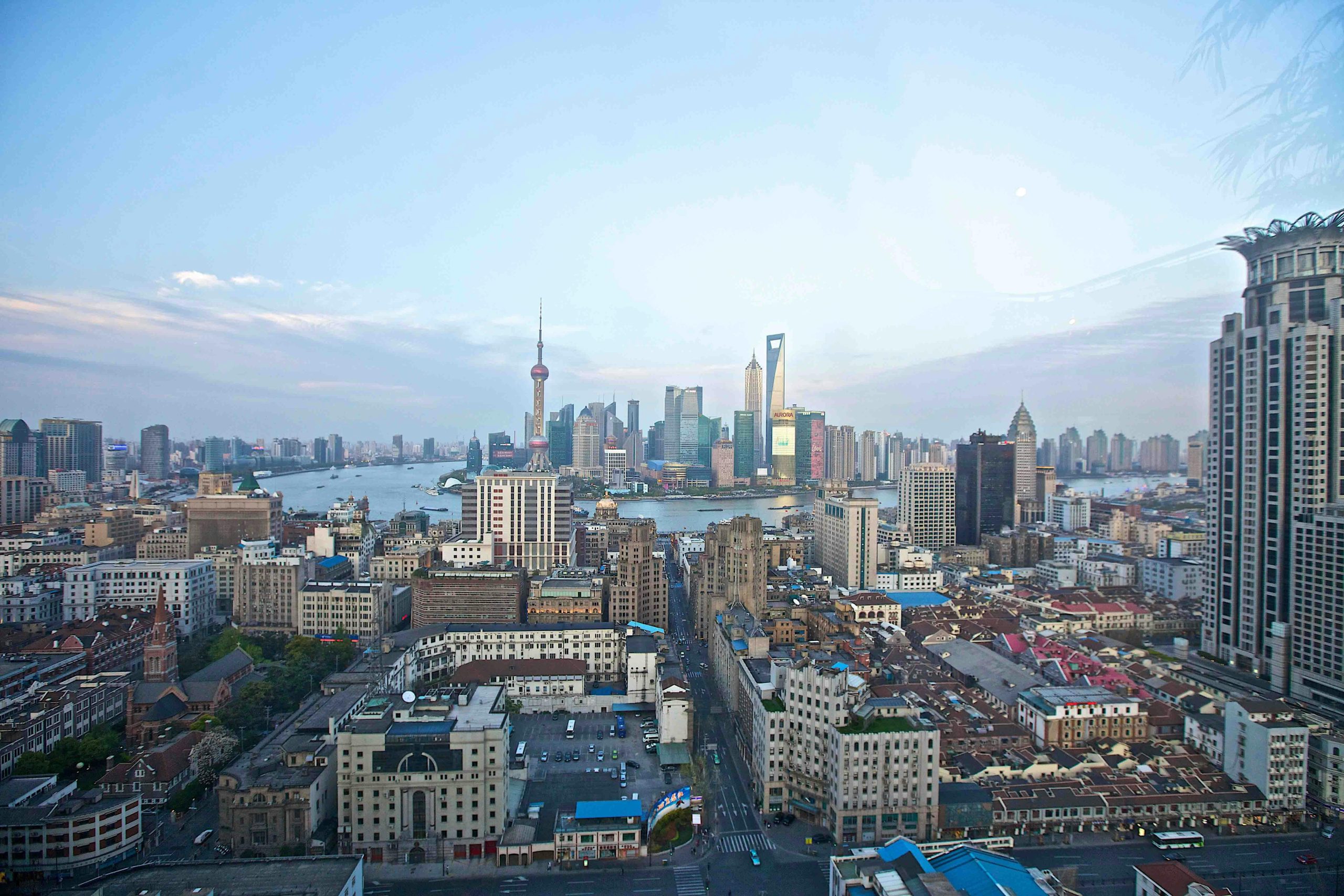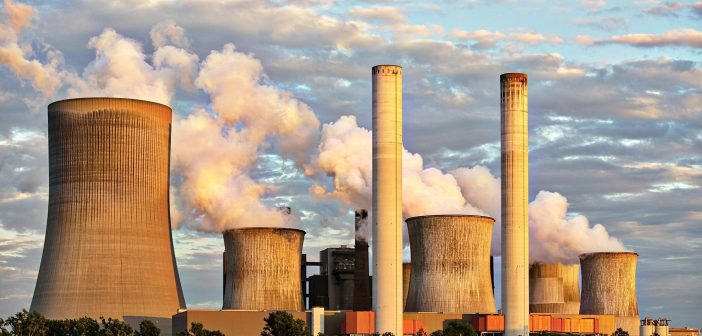What is urbanization? Urbanization is the process by which more and more people leave the countryside to live in cities. Urbanization benefits civilization and provides higher living standards. The United Nations says that “urbanization can reduce poverty and inequality by improving employment opportunities and quality of life, including through better education and health.” In the past 20 years, Beijing has rapidly developed and urbanized: Beijing’s population has increased 13 times, and its GDP 5,000 times, from the 1950s to 2023!
However, our research found that urbanization also has its drawbacks. Let’s take a look at urbanization’s toll on the agricultural industry.
The biggest and most harmful way urbanization impairs the agricultural industry is how it affects arable land.
Firstly, urbanization degrades the quality of land by contaminating the soil. The soil in Baoshan, Shanghai, (a modern agricultural area) is often contaminated with lead, zinc, and cadmium because factories release those materials into the soil. If too much is released into the soil, plants may have defects and grow slower, costing the agricultural industry by affecting its ability to generate maximum yield.

Then there’s the concern that urbanization reduces the amount of land available for agricultural purposes. As more and more people move into cities, housing and infrastructure take away bigger and bigger chunks of land to match the growing demand. The price of land on the outskirts of the city is cheaper relative to land inside the city, further provoking cities to expand into the farmland. This expansion is very concerning because much of it happens on high-quality farmland near cities and highways. The reduction of yield each year will be even greater than expected, and finding similar replacements for the lost land will be very hard.
Using data from 1996 to 2007, from 29 provinces in China, the average amount of arable land in northern China decreases by around 1.95 percent each year. By averaging it out, it was found that as the urban population increases by one percent, the amount of fertile soil available decreases by 0.03 percent. Another source found that the total area of farmland converted in China from 1999 to 2021 reached 10.8 million hectares, which is an 8 percent decrease.
Another way urbanization negatively impacts the agricultural industry is by polluting our water sources. In Shanghai, for example, the water quality in the city has been degraded, especially in its central business districts [2]. The same research mentioned above estimated that the amount of unusable water in agriculture increases by 4.68 percent each year and an increase in urban population of one percent leads to a 0.15 percent increase in unusable water for agriculture [3]. The main reason is that industrial factories and cities produce and release wastewater, which causes pollution problems in nearby rivers and water sources.
So, why should you care? Serious disturbances to the agricultural industry pose a serious threat to food security. If urbanization keeps on taking more and more land and water and reducing the efficiency of our yields, we may soon not be able to guarantee that there is enough food to feed everyone. The negative impact of urbanization on our agricultural efficiency is already apparent: It has been estimated that China’s agricultural production efficiency is only 2 percent of that of the average developed country and 64 percent when compared to the world. Another effect is the blow of urbanization to our economy. The economic loss caused by the loss of resources available to the agricultural industry in China has accounted for 0.1 percent to one percent of the Gross Domestic Product (GDP) each year.
How can you help? A good first step is to recognize the impact of urbanization on agriculture. Understand that we have to balance the protection of our natural resources with the benefits of urbanization. Also, order only what you need. If you do not cook/order in excess, you will be saving food and lessening the strain on the agricultural industry.
As a community, efforts should be made to regulate the amount of arable land converted for city use at a steady level. There should be stricter laws and higher fines for polluting the environment, so companies are less likely to dispose of their waste in the clean water that sustains the agricultural industry. We can also work on developing better technology and creating new machines that increase the efficiency of production. More efficient machines and seeds that generate more yield have the potential to reduce the amount of land needed to supply enough food for everyone.
For developing countries, urbanization is inevitable. It is the basis of our economy, making our lives safer and more stable, but it also degrades our natural resources. Of course, departments and policies have already been made by governments to mitigate the drawbacks of urbanization. If we stand together on this issue, and each of us does our part in reducing its negative effects as well, we will be able to see a bright future ahead of us. Together, we can make a clean, sustainable, and world-leading Beijing! #UrbanisationTogether
Images: Courtesy of writers, Pexels
Sum Chan

Sum Chan is a Year 10 student at Yew Chung International School of Beijing (YCIS). He enjoys swimming, playing the guitar, and loves to learn about physics. He was drawn to this issue by curiosity: How could urbanization affect agriculture? He says that researching this issue has been very “informing and enlightening.”
Wilson Hall

Wilson is a Year 10 YCIS student. He likes to talk to others and share his feelings and stories with them. He thinks urbanization is bad because when the cities become bigger, the pollution will increase for a specific part, which will damage the Earth more. This will result in more people fighting for jobs, which will make people hurry every day.
Doyun Bae

Bae is a Year 10 student of YCIS. He likes to read fiction books or novels in his free time. He believes that reading books helps him to develop language skills further. He thinks that even though there are a couple of disadvantages of urbanization, it still provides great things, especially benefits for economic growth. He believes that it has the possibility of reducing the poverty and unemployment problem.
Linda

Linda is a Year 10 student. She always spends a lot of time completing artwork and doing public welfare activities. Regarding urbanization, she thinks that people should pay more attention to responding to this environmental problem. Urbanization will bring environmental pollution, but it will also provide more employment opportunities.



